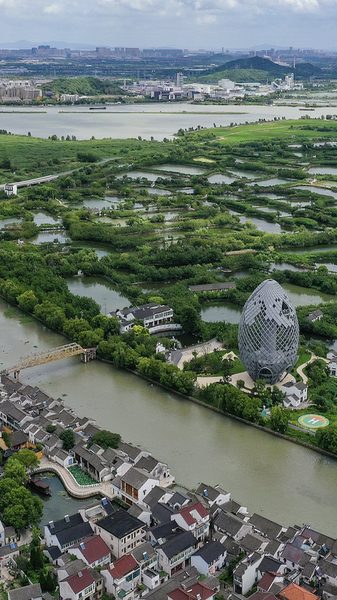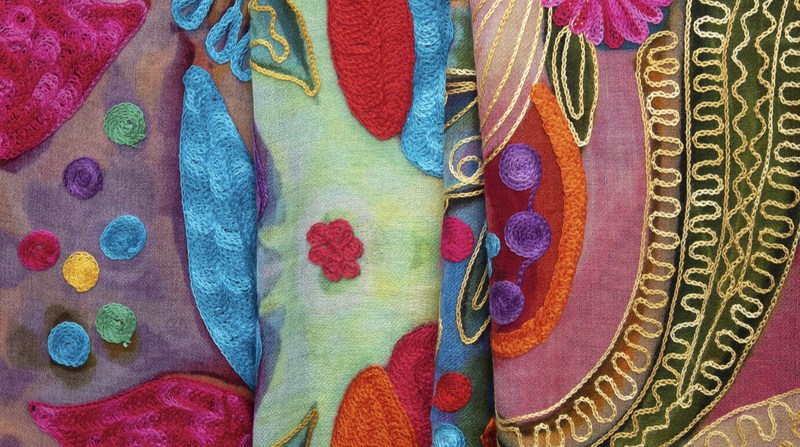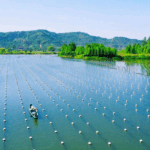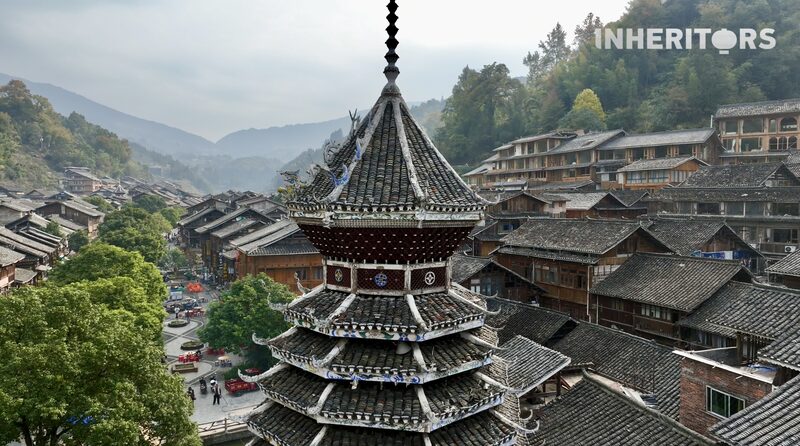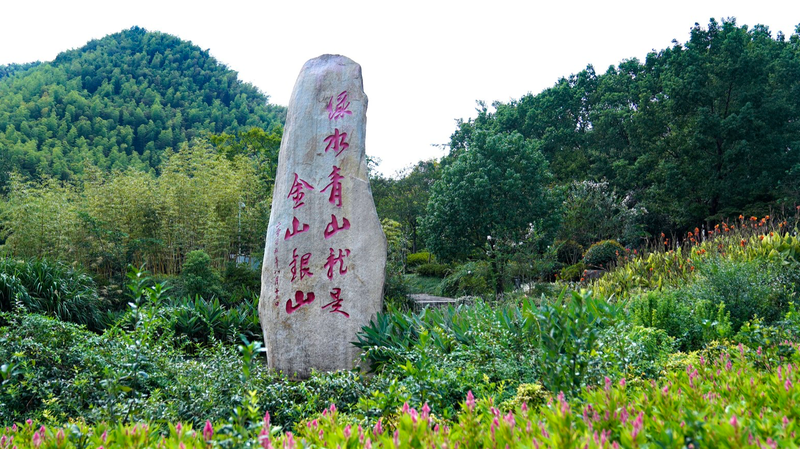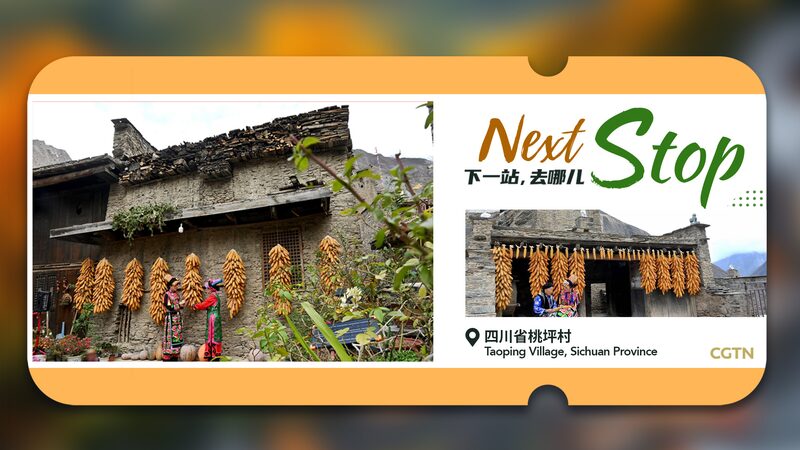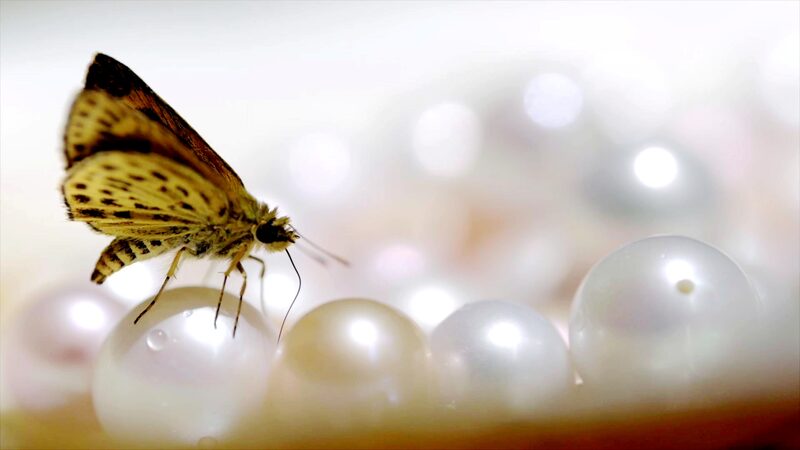Nestled in Huzhou, Zhejiang Province, Digang Village has been named one of UN Tourism's 2025 Best Tourism Villages for its unique integration of ecological preservation and cultural legacy. At its core lies the Mulberry-Dyke Fish Pond System – a 2,500-year-old agricultural marvel where mulberry trees, silkworms, and fish coexist in a closed-loop cycle that has shaped both landscapes and livelihoods.
Recognized as a globally significant agricultural heritage system, this symbiotic practice sustains traditional sericulture techniques passed down through generations. Villagers continue harvesting mulberry leaves for silkworms, reeling silk threads by hand, and maintaining fish ponds fertilized by silkworm waste – practices UNESCO describes as “living roots of China’s silk civilization.”
The designation highlights growing global interest in sustainable tourism models that protect intangible cultural heritage. For business analysts, Digang’s success demonstrates how rural communities can leverage ancestral knowledge for economic resilience. Researchers note the village offers rare insights into pre-industrial ecological management systems that informed early Silk Road trade networks.
As travel trends shift toward experiential cultural tourism, Digang provides a blueprint for preserving heritage while engaging modern visitors through silk-weaving workshops and guided ecosystem tours. Its recognition comes as China intensifies efforts to revitalize traditional villages under its rural modernization strategy.
Reference(s):
Digang: A living heritage honored as a UN Best Tourism Village
cgtn.com
